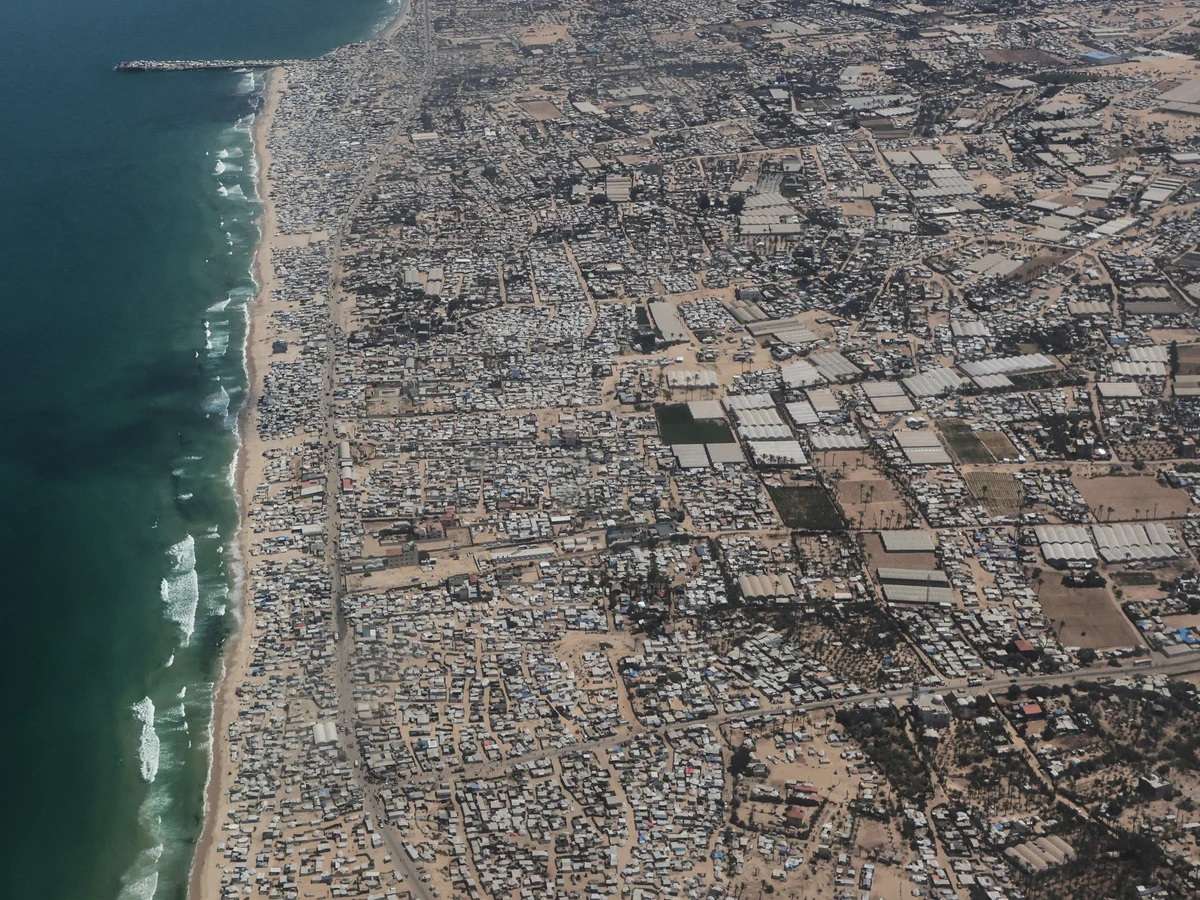Fri 08 Aug 2025 | 11:23 PM
Israel’s Channel 12 highlighted, in its coverage of decisions by the coalition government in Tel Aviv, that Prime Minister Netanyahu intends to present a plan to the Security Cabinet for gradually occupying the remaining parts of the Gaza Strip. According to the channel, the plan involves occupying Gaza City after evacuating its residents, with the United States establishing new aid distribution centers. The Netanyahu government is reportedly betting that success in occupying Gaza City would pressure Hamas to release its hostages.
The Channel 12 reports further indicated that the Security Cabinet, in its upcoming meeting, plans to decide on the proposed plan, which includes launching a military operation lasting 4 to 5 months with the involvement of around six brigades. The reports also noted the Chief of Staff’s opposition to the plan, warning of its risks to hostages and its potential to erode the army’s capabilities. The channel also emphasized that the plan aims to push Gaza’s population southward, effectively encouraging emigration.
Meanwhile, some local media outlets reported that Defense Minister Yoav Gallant sent a firm message to the Chief of Staff, stating that political leadership makes the decisions and the military must implement them. Benny Gantz, leader of the National Unity Party, criticized ministers in the coalition for attacking the Chief of Staff, describing their actions as a serious affront to national security.
A report by the Carnegie Endowment for International Peace reflected a growing international shift toward recognizing a Palestinian state, driven in part by the ongoing war crimes in Gaza. However, another report released this week by the Royal United Services Institute (RUSI) argued that declarations by France, the UK, and Canada of their intention to recognize Palestine carry diplomatic weight but are unlikely to change conditions on the ground in the short term, especially given the humanitarian crisis and the stance of the Israeli coalition government.
The Atlantic Council noted that Israel’s failure to present a political vision for the “day after” the war in Gaza has prompted international efforts to break the deadlock and impose alternative pathways toward a two-state solution. Similarly, the Italian Institute for International Political Studies (ISPI) highlighted a key contradiction: the condition that the Palestinian Authority must undergo reform as a prerequisite for state recognition—despite years of international support—effectively shifts responsibility for the occupation onto the Palestinians rather than ending it.
Elsewhere, following the Defense Minister’s statement that the army will implement political decisions with determination and professionalism, several media reports have focused on growing divisions between Netanyahu and senior military officials. Sources close to the Prime Minister said he gave Chief of Staff Herzi Halevi the option to resign if he refuses to support the full occupation plan. At the same time, the Israeli army announced the end of the state of emergency declared in October 2023, allowing for the release of thousands of regular soldiers. Some media outlets suggest that the military is opposed to a full-scale ground invasion of Gaza, fearing it would severely undermine its operational readiness.
Israeli media have also highlighted the widening gap between political and military leadership, as several far-right ministers continue to push for complete control over Gaza. However, the military remains wary, citing extreme fatigue within the ranks and the risks of a long and costly war. The army is instead promoting an alternative plan focused on controlling strategic corridors such as the Gaza Envelope and the Philadelphi Route. According to Israel Hayom, Chief of Staff Halevi is expected to present the government with the risks of a full-scale occupation, including the extended duration such an operation would require.
Meanwhile, legal proceedings against Israeli soldiers abroad are escalating, with around 50 complaints filed against reservists, and investigations underway in 10 countries. Belgium’s federal prosecutor has opened an official investigation into alleged war crimes committed by Israeli soldiers. This comes amid mounting accusations that the Israeli government and military are using starvation as a weapon in Gaza, potentially exposing them to international prosecution.
The United Nations described Israel’s plans to expand military operations in Gaza as “extremely alarming,” warning of catastrophic consequences for civilians and hostages. Multiple countries, including China and the UK, have called for an immediate ceasefire and unrestricted humanitarian access. Britain has also expressed its readiness to help develop a plan to end the conflict and establish an independent Palestinian state.
By: Mohamed Mahmoud Abdel Wahab

